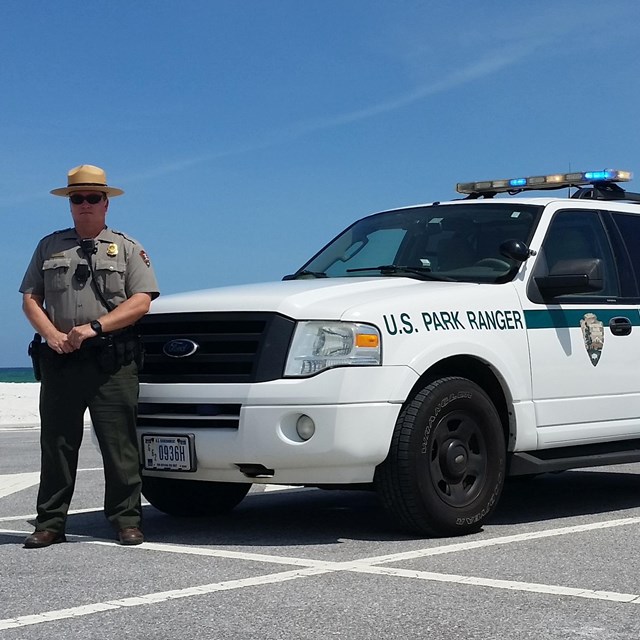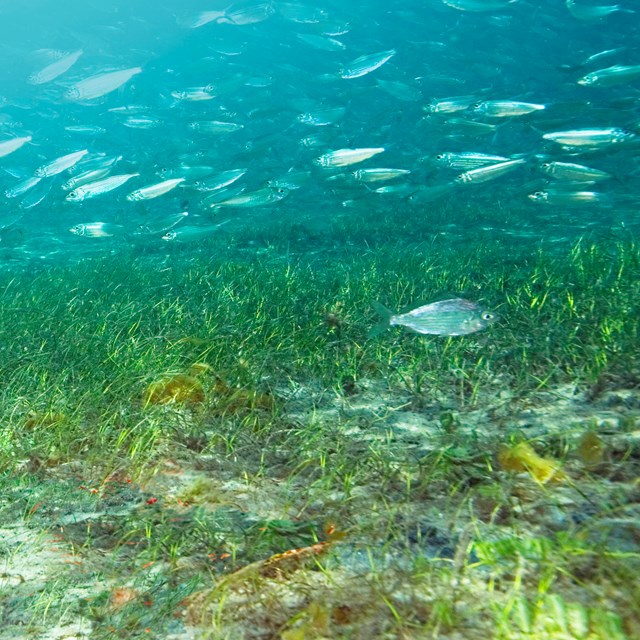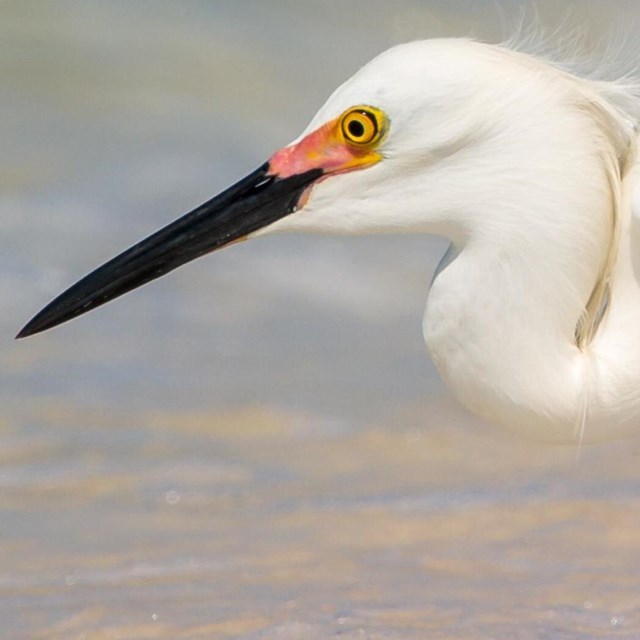|
Boating in Mississippi and Florida is both rewarding and challenging. Properly prepared boaters can enjoy exploring Mississippi’s remote barrier islands and Florida’s sparkling white beaches. To ensure a safe boating trip to any part of Gulf Islands National Seashore, make sure you are familiar with boating safety regulations for Mississippi and Florida, or visit the United Stated Coast Guard Boating Safety Webpage. EmergenciesShould you have an emergency while boating in park waters, be prepared to contact the United States Coast Guard via your marine VHF radio. You should also be prepared to contact a friend or commercial towing service. Park rangers may be available to assist but rangers will not tow a disabled vessel. You may not be able to call for help with a cell phone, as cell service on most islands is not reliable.Boating SafetySafe boating at Gulf Islands National Seashore requires a 20-foot or longer craft. Inland water boats such as bass boats or pontoon boats are not suitable for travel to the islands. Bringing an updated nautical chart of your travel area will help you identify shoals, obstructions and shallow water. Understand the current personal watercraft regulations (PWC) for the park. Make sure you file a float plan with a trusted friend or family member. Float plan information should include where you are going (which island and a specific location), when you are going, who is with you, when you will be back and who to contact if you don’t come back in time. Your float plan should also include description of your vessel, the boat registration number and where you will leave your boat trailer and vehicle. Boaters should bring the right anchoring equipment. Be aware of tidal fluctuations and be prepared to move your boat when the tides and weather change.
More Info
|
Last updated: April 27, 2022



